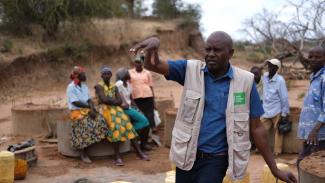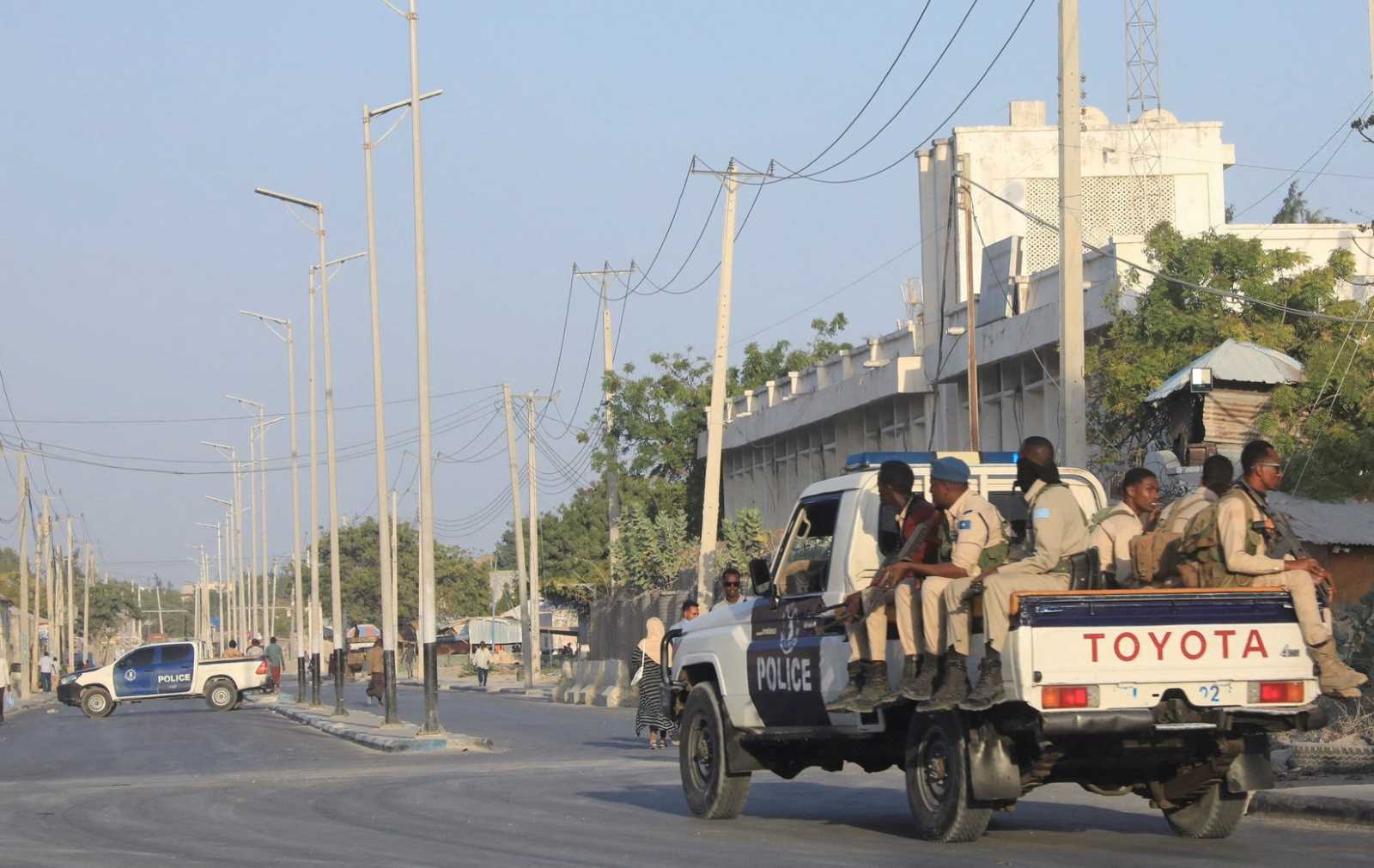International news reporting
How foreign reporting depends on NGOs

In crisis regions and low-income countries with a volatile security situation, two groups of professionals are invariaby present: non-governmental organisations’ workers and journalists. The first provide assistance at various levels, the second report on the situation at hand. Their joint presence gives rise to a number of difficult dependencies.
“The media and NGOs cannot be separated,” says Kenyan-born Jeremiah Kipainoi, who has worked as a journalist for the British BBC and other media organisations. For the past three years, he has been head of communications for the British “Global Media Campaign to End FGM”, a worldwide campaign striving to eradicate female genital mutilation. He explains: “The media use civil-society organisations and their local presence to access stories; and NGOs need on-the-ground media coverage to show sponsors, for example, that the money they provide is used wisely.”
At the same time, the media raise awareness of civil-society organisations’ work and thus reach policymakers. Kipainoi points out that media coverage of female genital cutting frequently leads to perpetrators being tracked down and arrested nowadays. He also notes that media presence gives NGOs credibility, which in turn boosts sponsors’ willingness to support their work.
Journalism for a better world
These interdependencies and reciprocal impacts have consequences for the image of Africa that is conveyed to the rest of the world. Mel Bunce, head of the journalism department at the City University of London and co-author of the book “Humanitarian Journalists”, says: “The media focus on crisis and suffering has virtually erased the perception that people in African countries are capable of taking action themselves.”
According to Bunce, “humanitarian journalists” are driven by the same motives as many NGO workers: “Their ultimate desire is to make the world a better place.” That motivation becomes problematic, however, if reporters stop questioning NGO work. And that happens because journalists often owe certain organisations a great deal, including access to individuals, stories and, ulitmately, assignments.
Lack of resources
Moreover, NGOs are often an editorial office’s most important source of information on crises and conflicts in areas where those organisations operate (see box). Because of budget cuts, many media outlets now have few or no correspondents of their own. This increases their dependence on civil-society organisations.
Against this backdrop, Bunce notes that more and more photographers travelling to crisis zones are paid not by the media houses but by NGOs. “The pictures they take are then produced under the guidance of the NGOs, which determine what is shown,” the professor says.
Money from philanthropic foundations also plays an increasingly important role. The Bill & Melinda Gates Foundation, for example, spends millions of dollars a year on journalism. “Foundations tend to invest in reporting on broad topics, rather than very specific content,” says Bunce.
The question of how international news reporting is funded raises another matter of concern: How do such dependencies affect the perspective taken in a report? Many NGO spokespersons in African countries are European or American. If the close cooperation between them and the reporting journalists on the ground means that only their voices are heard, the reality of life of local people goes largely unnoticed, once more fostering the impression that Africans cannot speak for themselves and that they need to be helped and make no contribution to solutions themselves.
Link
Scott, M., Wright, K., & Bunce, M., 2022: Humanitarian journalists: Covering crises from a boundary zone. London, Routledge.
https://doi.org/10.4324/9781003356806
Birte Mensing works as a freelance journalist in Nairobi.
birte.mensing@web.de








